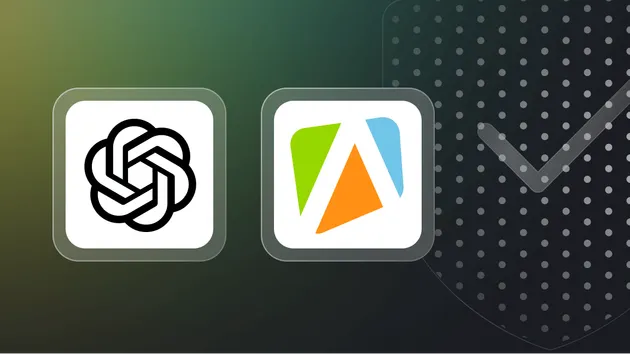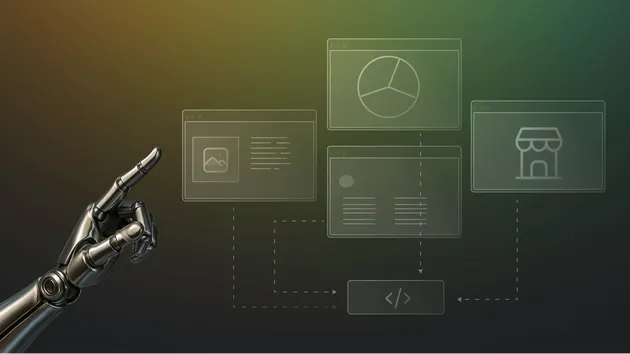AI Website Spell Checker
Pricing
$9.00 / 1,000 results
AI Website Spell Checker
Discover and correct spelling errors across entire websites effortlessly with our AI-powered crawler. Start from any URL, and receive a comprehensive report detailing each error, suggested corrections, and severity levels. Enhance your site's professionalism and user experience today!




